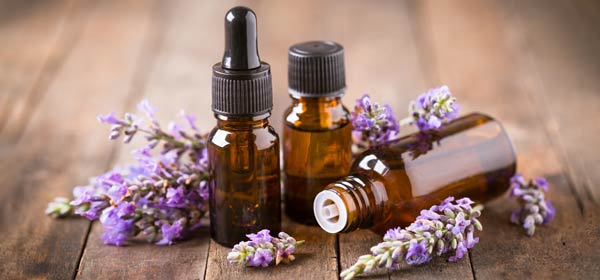Have you ever wondered why two kings gave baby Jesus aromatic oils while the third gave him gold?
It’s easy to understand the benefits of having gold in your pocket, it’s less certain what Mary and Joseph would have done with frankincense and myrrh.
Historians have long debated whether the gifts brought practical benefits or simply had some symbolic value.
Practical benefits? Researchers at Cardiff University demonstrated that frankincense can assist in the treatment of arthritis, validating the long-held belief that this oil resin from the Boswella sacra tree was once a cherished herbal remedy.
Did the king from the east know this when he gave it to Jesus? If he did, why give it to a baby?
While essential oils have been used for therapeutic treatments for some 6000 years, perhaps this king’s gift was the first confirmation of the legitimacy of aromatherapy.
Aromatherapy is the use of plant materials and aromatic plant oils to improve psychological or physical wellbeing and, for centuries, experts have debated the medical benefits. Chinese, Egyptians, Greeks and Romans have extolled the virtues of oils for centuries, but the modern world is still divided on the subject.
Aromatherapy, by name, suggests treatment though inhalation, but oils can also be massaged into the skin. These oils are concentrated extracts taken from the roots, leaves, seeds or blossoms of a range of plants.
Popular oils include lavender, rose, orange, bergamot, lemon, peppermint, fennel, basil, aniseed, eucalyptus, sage, ginger, chamomile, citronella, clove and sandalwood.
Proponents of aromatherapy do not claim that oils can cure diseases. They do, however, believe they can assist conventional treatments by reducing nausea, aches, colds, stress, depression, fatigue, headaches, menstrual issues and hair loss.
True or false?
Dr Edzard Ernst, from the University of Exeter, published studies in 2000 and 2012 in which he examined the health effects of aromatherapy, in particular claims that it reduced hypertension and assisted in the treatment of depression, anxiety, pain and dementia.
He found no “convincing” evidence that aromatherapy did any good. “Aromatherapists claim that specific oils have specific health effects,” he said. “This, in my view, is little more than wishful thinking.”
Numerous other medical studies debunk the practice of aromatherapy, but for every critic, there is a supporter.
Some studies report that lavender oil improves pain tolerance, that ginger oil lowers levels of nausea following surgery and that lotions containing lemon balm can ease dementia.
Perhaps the benefits of aromatherapy rest in a mental component – if you think it will help then it will.
A study into aromatherapy by the University of Maryland concluded that a person’s belief that the treatment helped them perhaps influenced whether it actually worked.
The study added a warning however: “Although essential oils have been used for centuries, few studies have looked at the safety and effectiveness of aromatherapy in people. Scientific evidence is lacking, and there are some concerns about the safety and quality of certain essential oils. More research is needed before aromatherapy becomes a widely accepted alternative remedy.”
Be safe and seek advice from your doctor.
“Pregnant women, people with severe asthma and people with a history of allergies should only use essential oils under the guidance of a trained professional and with the full knowledge of your physician,” the study concluded.
Are you a believer? Do you have a favourite oil?
Related articles:
Sleep on it
Heard of airomatherapy?
Are natural therapies safe?

